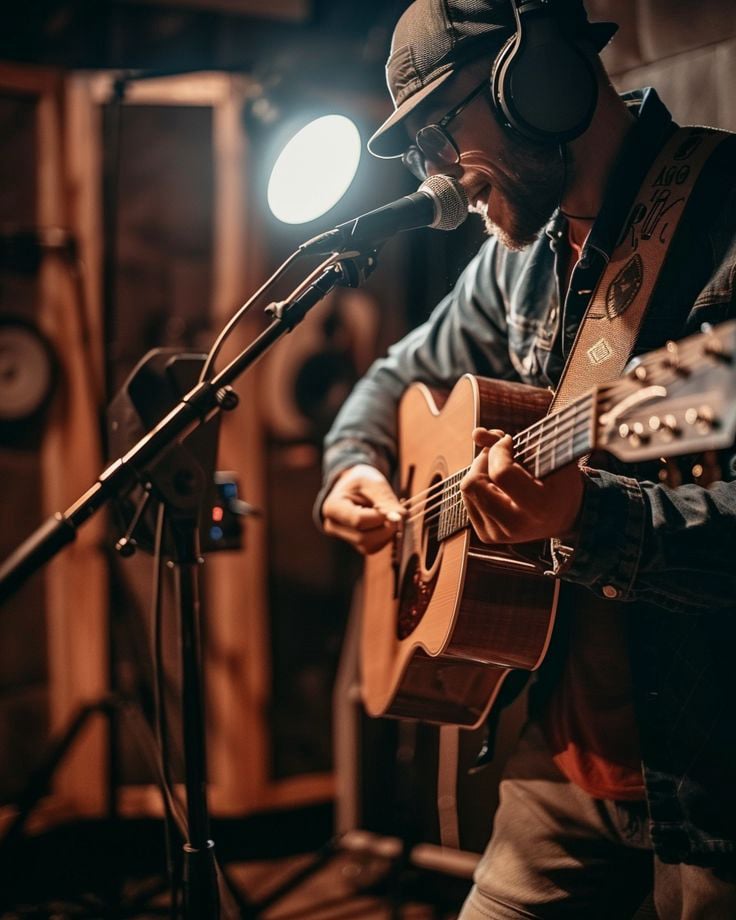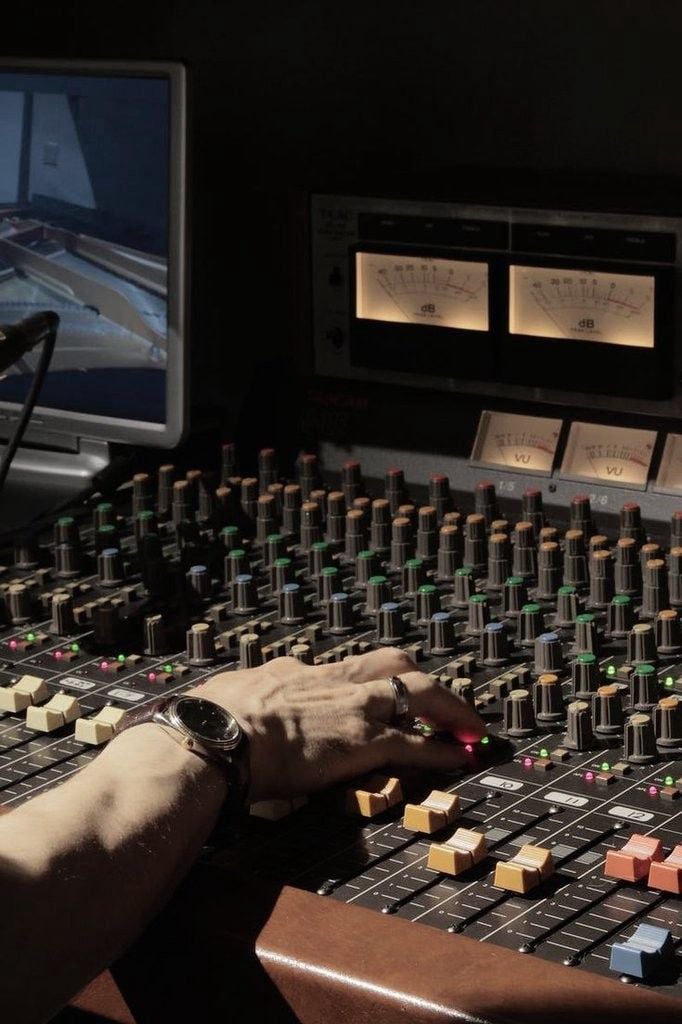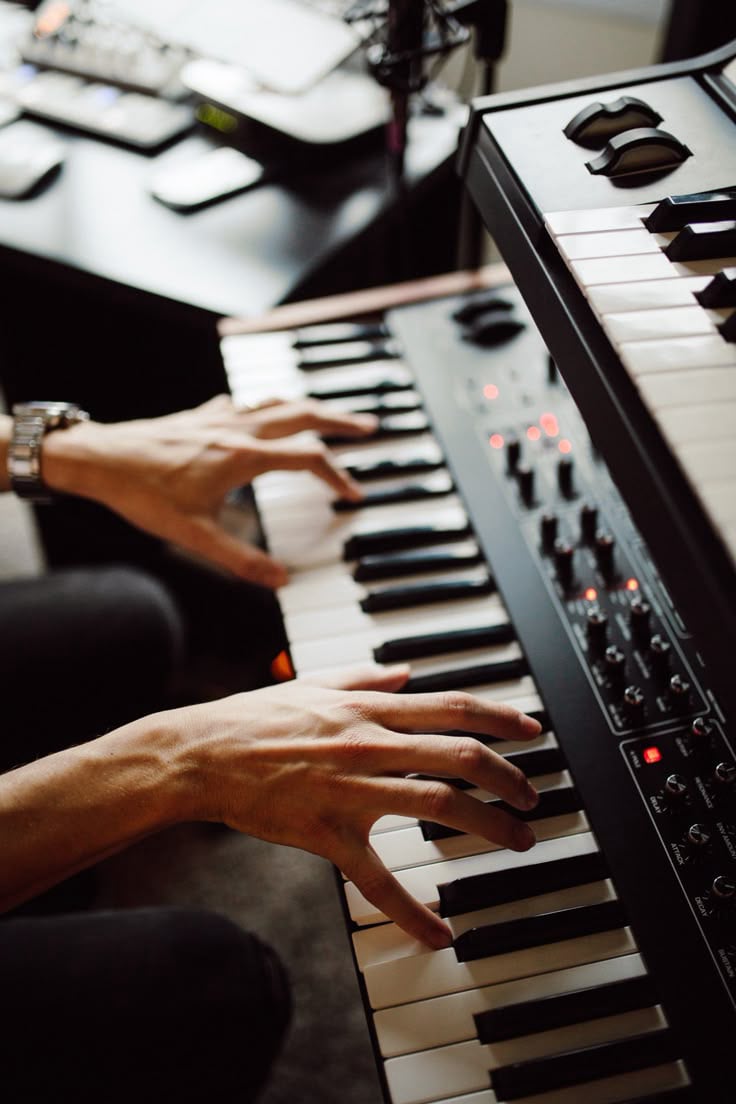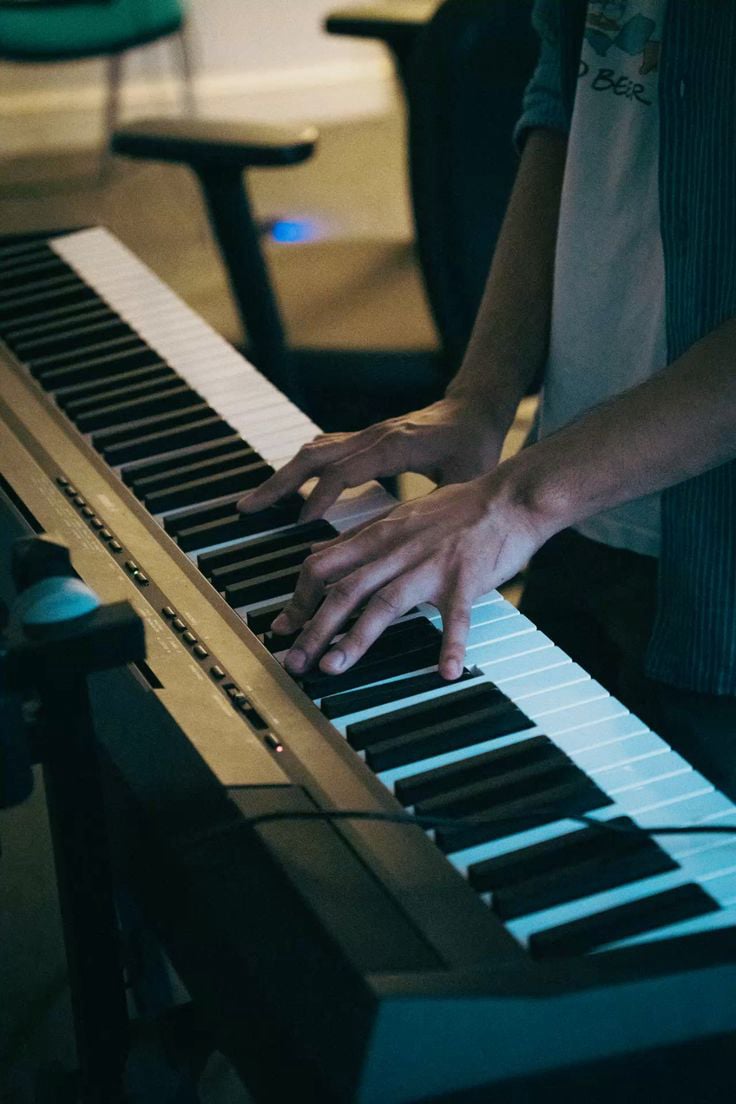About MacBook Lumora
MacBook Lumora is a refuge for those who believe music is more than entertainment—it's a language, a memory, a revolution. We reject the fast-paced, algorithm-driven music culture, choosing instead to slow down and listen deeply. Here, every song has a story, every album is a journey, and every genre is a world waiting to be explored.
Our team consists of musicians, critics, and obsessive listeners who write not for clicks, but for connection. We dive into the forgotten B-sides, the cult classics, and the underground movements that shape music history. Whether it's dissecting the influence of krautrock on modern electronica or unraveling the poetry of a blues lyric, we treat sound with the reverence it deserves.







